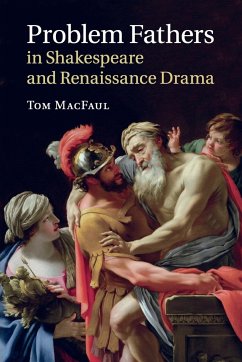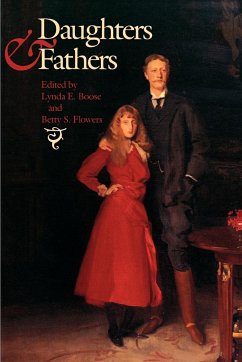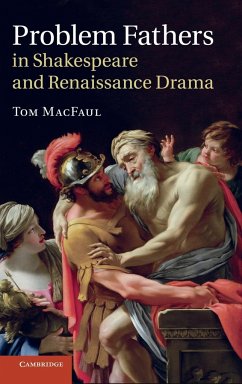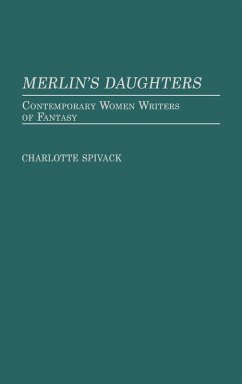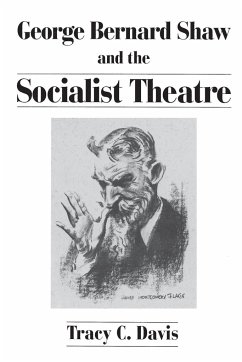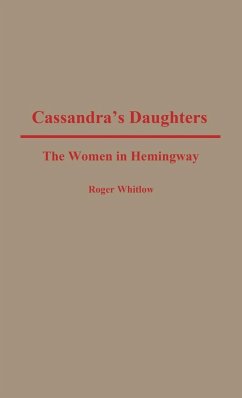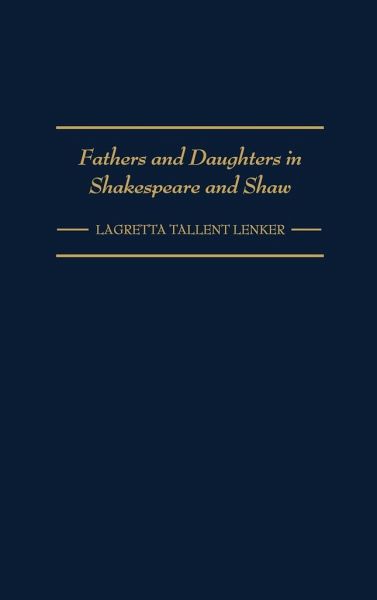
Fathers and Daughters in Shakespeare and Shaw

PAYBACK Punkte
45 °P sammeln!
How can the most silent member of the family carry the message of subversion against venerated institutions of state and society? Why would two playwrights, writing 300 years apart, employ the same dramatic methods for rebelling against the establishment, when these methods are virtually ignored by their contemporaries? This book considers these and similar questions. It examines the historical similarities of the eras in which Shakespeare and Shaw wrote and then explores types of father-daughter interactions, considering each in terms of the existing power structures of society. These two dra...
How can the most silent member of the family carry the message of subversion against venerated institutions of state and society? Why would two playwrights, writing 300 years apart, employ the same dramatic methods for rebelling against the establishment, when these methods are virtually ignored by their contemporaries? This book considers these and similar questions. It examines the historical similarities of the eras in which Shakespeare and Shaw wrote and then explores types of father-daughter interactions, considering each in terms of the existing power structures of society. These two dramatists draw on themes of incest, daughter sacrifice, role playing, education, and androgyny to create both active and passive daughters. The daughters literally represent a challenge to the patriarchy and metaphorically extend that challenge to such institutions as church and state. The volume argues that the father-daughter relationship was the ideal dramatic vehicle for Shakespeare and Shaw to advance their social and political agendas. By exploring larger issues through the father-daughter relationship, both playwrights were able to avoid the watchful eyes of censors and comment on such topics as the divine right of kings, filial bonds of obedience, and even regicide.





